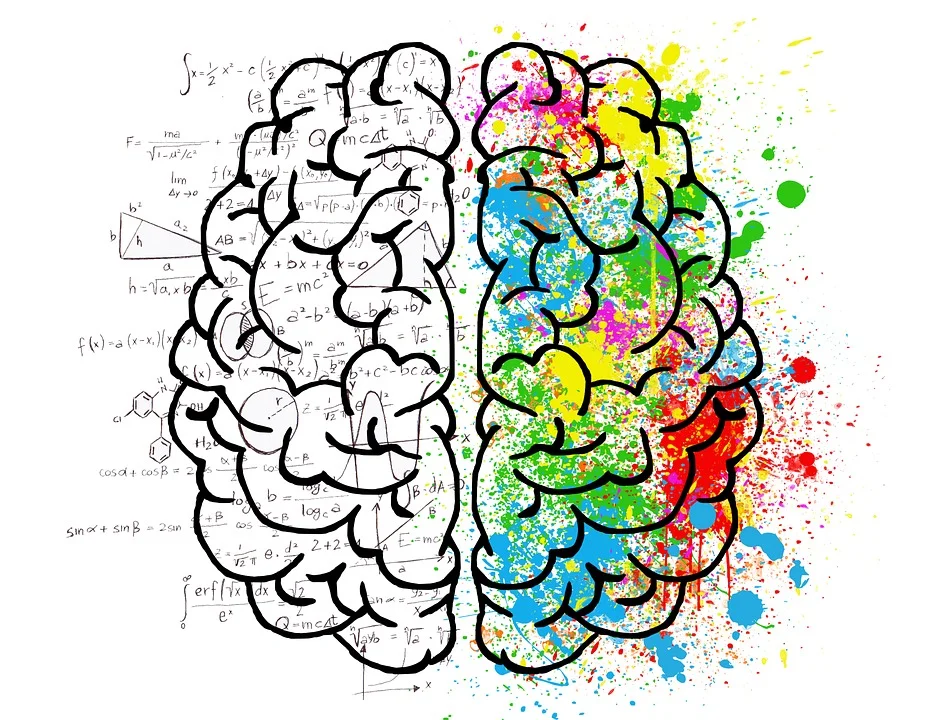Metabolism is a fascinating and intricate process that occurs within the human body. It is the series of chemical reactions that take place to convert the food we eat into energy that our cells can use. Understanding metabolism is crucial for maintaining optimal health and wellness.
What is Metabolism?
Metabolism is often simplified into two categories: catabolism, which is the breakdown of molecules to release energy, and anabolism, which is the synthesis of molecules to build cellular structures. These two processes work in tandem to keep our bodies functioning properly.
The Role of Genes
Genetics play a significant role in determining an individual’s metabolic rate. Some people are born with a faster metabolism, meaning they burn calories more quickly, while others have a slower metabolism and may have difficulty losing weight. While genetics play a role, lifestyle factors such as diet and exercise can also affect metabolism.
Fueling the Metabolic Process
The food we eat provides the fuel for our metabolism. Carbohydrates, fats, and proteins are broken down into their basic components during digestion and absorbed into the bloodstream to be used as energy. The body prioritizes carbohydrates as the primary source of energy, followed by fats and proteins.
Factors That Affect Metabolism
Several factors can influence an individual’s metabolic rate. Age, gender, body composition, and physical activity level all play a role in determining how many calories the body needs to function properly. For example, muscle tissue burns more calories at rest than fat tissue, so individuals with higher muscle mass tend to have a faster metabolism.
Metabolism and Weight Management
For many people, metabolism plays a crucial role in weight management. Those with a faster metabolism may find it easier to lose weight, while those with a slower metabolism may struggle to shed excess pounds. However, it’s important to remember that weight loss is not solely dependent on metabolism. A healthy diet, regular exercise, and lifestyle changes are also essential for achieving and maintaining a healthy weight.
Boosting Metabolism Naturally
While genetics play a significant role in metabolism, there are several ways to naturally boost your metabolic rate. Eating a balanced diet that includes plenty of fruits, vegetables, whole grains, and lean proteins can help support a healthy metabolism. Regular exercise, particularly strength training, can also increase muscle mass and boost metabolism.
Conclusion
Metabolism is a complex process that is essential for overall health and wellness. Understanding how metabolism works and the factors that can affect it is crucial for maintaining a healthy weight and energy levels. By making lifestyle changes such as eating a balanced diet and staying active, you can support a healthy metabolism and improve your overall well-being.
Keep exploring the science of metabolism to unlock its mysteries and optimize your health.
